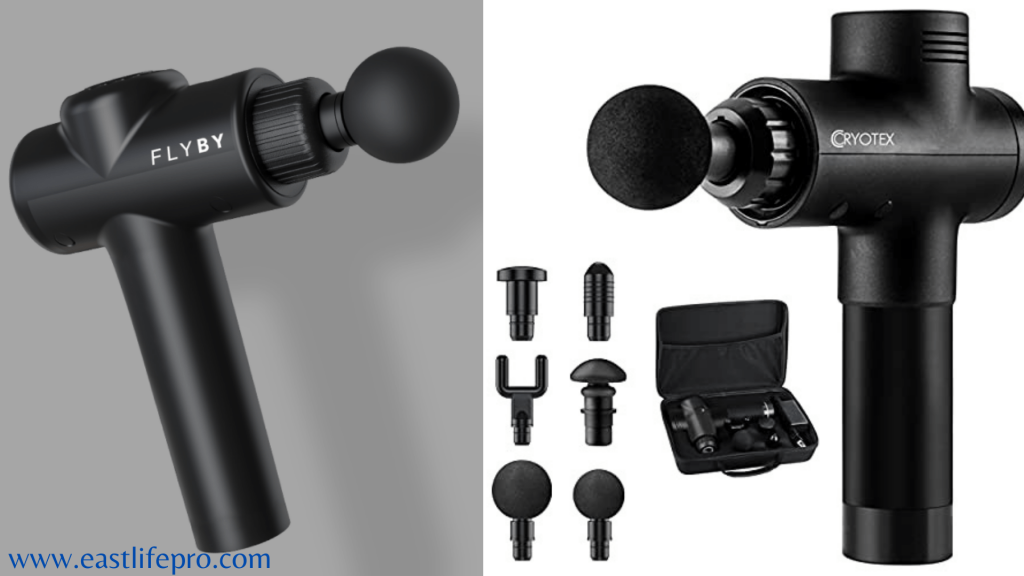Your parents told you to leave your tooth alone, but when is enough, enough? Wisdom teeth are a sore spot for many people who are involved in regular check-ups and cleanings with their dentist.
If you experience problems like these, you should seriously consider getting your wisdom teeth removed. Here’s what you need to know about wisdom teeth removal. Read on!
- Preparation for the Procedure
Preparation for wisdom teeth removal is an essential step in the overall procedure. Before removal, the dentist or oral surgeon will thoroughly examine the mouth and take x-rays in order to determine whether a wisdom tooth is impacted and if extraction is necessary for the best course of treatment.
The surgeon may order specific medications prior to the procedure to ensure optimal results. These medications may include antibiotics, ibuprofen, and/or muscle relaxants to reduce pain and swelling, as well as reduce the risk of infection.
Additionally, the patient may be advised to avoid eating or drinking for up to eight hours prior to the procedure in order to reduce the likelihood of nausea during or after the procedure.
It is also important for the patient to arrange for a ride home afterward, as sedation may be used during the extraction to make the procedure easier and less painful. Following these preparation steps will help ensure a successful extraction and recovery.
- Recovery Timescales and Abilities
Wisdom teeth removal is a common surgical procedure to remove impacted teeth or those that are protruding out of the gums.
Recovery time for wisdom teeth removal varies depending on the complexity of the procedure but generally ranges from one to three weeks. During this time, it is important to follow your doctor’s instructions for care of the surgical site properly to ensure healing occurs as quickly and confidently as possible.
During recovery, it may or may not be possible to resume normal eating depending on the level of discomfort present. Additionally, any physical activities need to be cut down to reduce swelling and further discomfort.
- Potential Risks and Complications
Potential risks and complications of wisdom teeth removal can occur with any surgical procedure, including infection, excessive bleeding, and pain.
A patient may experience swelling, stiffness, and temporary numbness near where the teeth were removed. They may also experience temporary ankle, facial or jaw stiffness due to the trauma caused by the removal.
Some possible risk factors include the amount of anesthetic used, the position of the teeth in the jaw, or the shape of the mouth. Additionally, there is potential for nerve injury, either during the procedure or afterward.
Wisdom tooth removal is typically an outpatient procedure, but if complications arise, hospitalization may be necessary. In extreme cases, the removal of more than one wisdom tooth has been linked to facial asymmetry, displacement of the lower jaw, and changes in tongue position.
- Reducing Discomfort and Pain
Wisdom teeth removal is a common procedure to address the overcrowding of teeth. This procedure involves surgically removing one or more of the four wisdom teeth from the corners of the mouth. While wisdom teeth removal can be painful, there are several steps you can take to reduce discomfort and pain.
These steps include pre-treatment antibiotics, local anesthesia, sedation, and post-treatment ice therapy. Over-the-counter pain medications and prescription pain medications may also be used to reduce pain.
Additionally, a thorough post-operative recovery plan including eating soft foods, avoiding strenuous activity, and keeping the mouth clean is also important to reduce pain. With careful planning and attentive care, wisdom teeth removal can be as comfortable as possible.
- Financial Implications of Removal
The financial implications of wisdom teeth removal can vary significantly depending on the individual situation, which is why it is important to thoroughly research the procedure before making a medical decision.
Although wisdom teeth removal is generally an elective procedure, it can be incredibly costly. On average, the cost of wisdom teeth removal without insurance can be anywhere from $1000 to $6000.
Additionally, there may be costs associated with anesthesia, x-rays, or special follow-up care. Furthermore, wisdom teeth removal may not always be covered by dental insurance, so it is important to check with your provider prior to scheduling the procedure.
Though you may be faced with high out-of-pocket costs, it is important to weigh the long-term financial implications of not having your wisdom teeth removed.
Without treatment, a person with impacted wisdom teeth may experience serious medical problems that can result in costly and invasive surgeries.
In addition, it may also lead to increased insurance payments and financial burdens. Thus, when considering the financial implications, it is important to thoroughly consider both sides of the equation and make an educated decision that best suits your situation.
Benefits of Wisdom Teeth Removal
Wisdom teeth removal offers several benefits for people of all ages. It is one of the most frequently performed dental procedures in the United States and has become a standard of care.
It can cause overcrowding of the mouth and can lead to orthodontic problems and damage to adjacent teeth. Additionally, wisdom teeth may become impacted, leading to infections of the tooth, gum tissue, and surrounding bone.
Removing wisdom teeth can avoid potential long-term problems and ensure there is adequate room in the mouth for alignment. Furthermore, removing impacted wisdom teeth can eliminate the risk of infection that can spread to other areas of the mouth.
It can be beneficial in helping to create a more aesthetically pleasing smile. If you find yourself interested in removing impacted wisdom teeth, start searching for an “Oral Surgeon in my area” today!
Learn More About Wisdom Teeth Removal Today
Removing wisdom teeth can be a painful process but with the right knowledge and preparation, patients can have a successful and safe experience.
Be sure to speak with your dentist to discuss the best removal option for you; dental professionals are invaluable resources!
Did you find this article helpful? Visit more of our blogs!
James Martin is a passionate writer and the founder of OnTimeMagazines & EastLifePro. He loves to write principally about technology trends. He loves to share his opinion on what’s happening in tech around the world.



